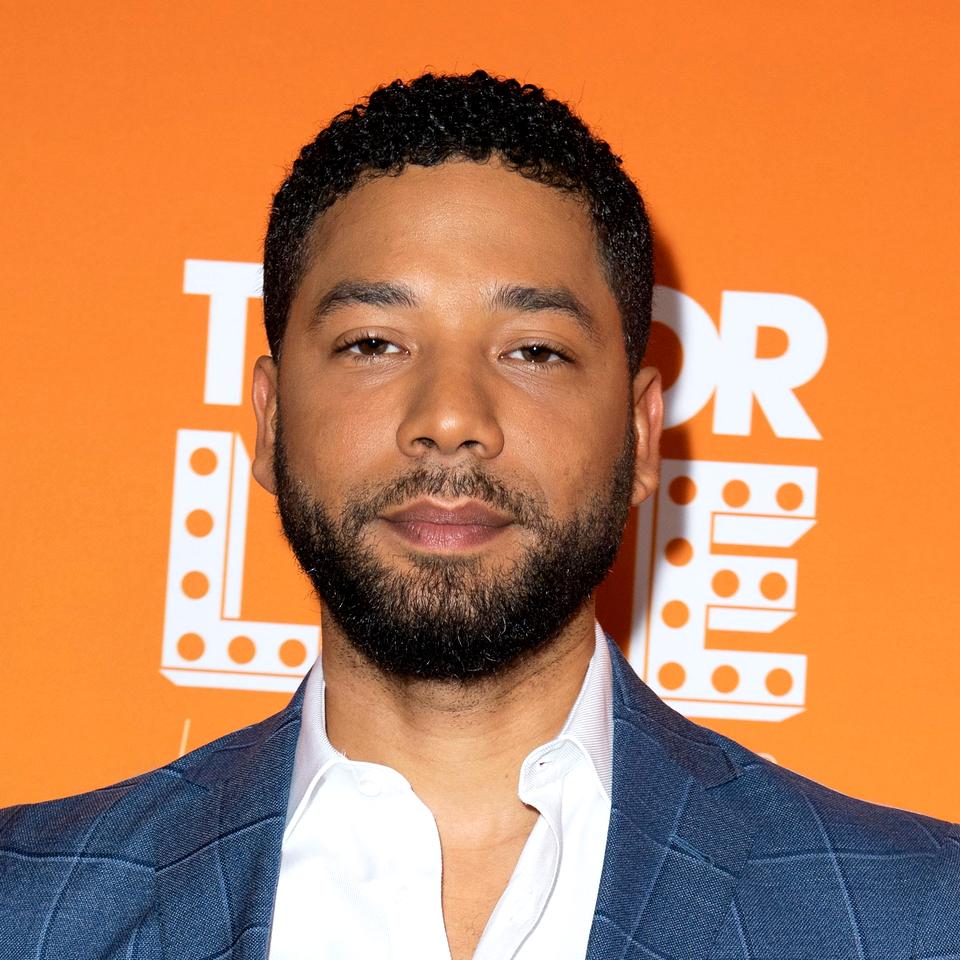
Introduction
Jussie Smollett, an American actor and singer, has found himself at the center of a legal storm following his controversial claims of a hate crime. His case has sparked widespread media coverage and discussions about race, justice, and the responsibilities of public figures. The implications for Smollett and the entertainment industry are significant, as they raise questions about public trust and the consequences of false reporting.
Background of the Case
In January 2019, Smollett reported that he was the victim of a racially charged assault in Chicago. His claim kicked off a national conversation about hate crimes and led to heightened scrutiny of social issues within the United States. However, as the investigation unfolded, Chicago police alleged that Smollett staged the attack to further his career, leading to a series of legal battles against him.
Recent Legal Developments
As of late 2023, Smollett’s legal troubles are far from over. In March 2022, he was convicted of five counts of disorderly conduct for filing a false police report. He was sentenced to 150 days in jail and ordered to pay restitution to the Chicago Police Department. In the months following his conviction, Smollett appealed the verdict, claiming prosecutorial misconduct.
In October 2023, the Illinois Appellate Court upheld the conviction, stating there was sufficient evidence to support the jury’s verdict. Smollett’s legal team is contemplating further appeals to the Illinois Supreme Court, prolonging the uncertainty surrounding his future. This case has become emblematic of the broader societal conversations regarding the authenticity of hate crime claims and the impact such claims can have on legitimate victims of discrimination.
Impact on the Entertainment Industry
The fallout from the Smollett case has reverberated throughout Hollywood. Many industry professionals are reevaluating how they support and communicate with public figures who make serious allegations. The Smollett incident has influenced casting decisions, public relations strategies, and how studios approach media narratives. It has also sparked discussions on the balance between sensitivity to social issues and the need for accountability in public discourse.
Conclusion
As Jussie Smollett continues to navigate his legal challenges, the ramifications of his case extend beyond his personal circumstances. It serves as a cautionary tale about the dangers of raising false alarms in a world grappling with real injustice. For readers and followers of the entertainment industry, the Smollett saga reinforces the need for vigilance when it comes to claims of hate crimes and the responsibilities that come with public celebrity. As this case progresses, it is likely to continue shaping both public perception and policy around hate crimes in America.




